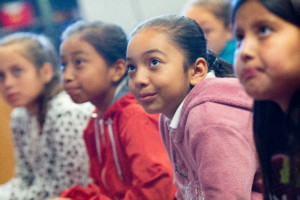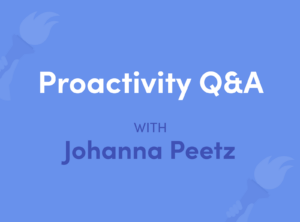What I’m Most Worried About
Some time ago, perhaps during Clinton, we passed an inauspicious point where the challenges we face outstrip our civic problem solving capacity. The money and partisanship infecting congress make it largely impossible to attack problems in a long term, creative, and bipartisan manner.
The Bush presidency appeared more interested in implementing an ideology than solving problems but I give W credit for attempting immigration reform. Congress was unable and unwilling to follow his lead.
Lots of us voted for Obama hoping that the tone in DC would become a bit more productive, but the partly line vote on health care indicates we’re right back to incapable. With congress more interested in scoring points and delivering pork, a recently introduced immigration reform package is probably DOA.
This civic incapability does not bode well for complicated issues like entitlement reform, global warming, not to mention Afghanistan. Which brings us to education where we absolutely positively need a bipartisan forward leaning bargain for reauthorization of federal education policy.
It won’t be easy matching civic capacity with emerging complexity. I’m not sure that campaign finance reform will help. Term limits sounded good but made this problem worse. Foundations and nonprofits will play a critical role; so will the growing number of impact oriented for-profit firms and funds. But it will ultimately come down to us. Congress will do what we tell them to do. Facebook and email elected a president; perhaps in the next decade we’ll learn how to harness new media to build civic capacity equal to the challenges we face.








Steve Smith
I agree. It seems that "new school" communication capacity has a NEW power & momentum. But "old school" power & money still have a strong hold on most resources and access.
Where & now can "new school" resources & systems be directed to maximize the probability of a successful launch & sustainable effort?
I agree with many others that some of the "new" mayors maybe motivated and able to promote & engage change in their cities education systems. How do we help them bring change into their civic world?? How to jump start a significant & consistently supported new effort? Some cities have already done so.
I would think that various "education consortium" efforts have a higher probability of multiplying their success because they would have several successful approaches to offer the civic school districts.
Then could you convince them to allocate 15% of their budget to the blended restart as an investment in the future of their community and its economic stability. ???
More questions than answers ???